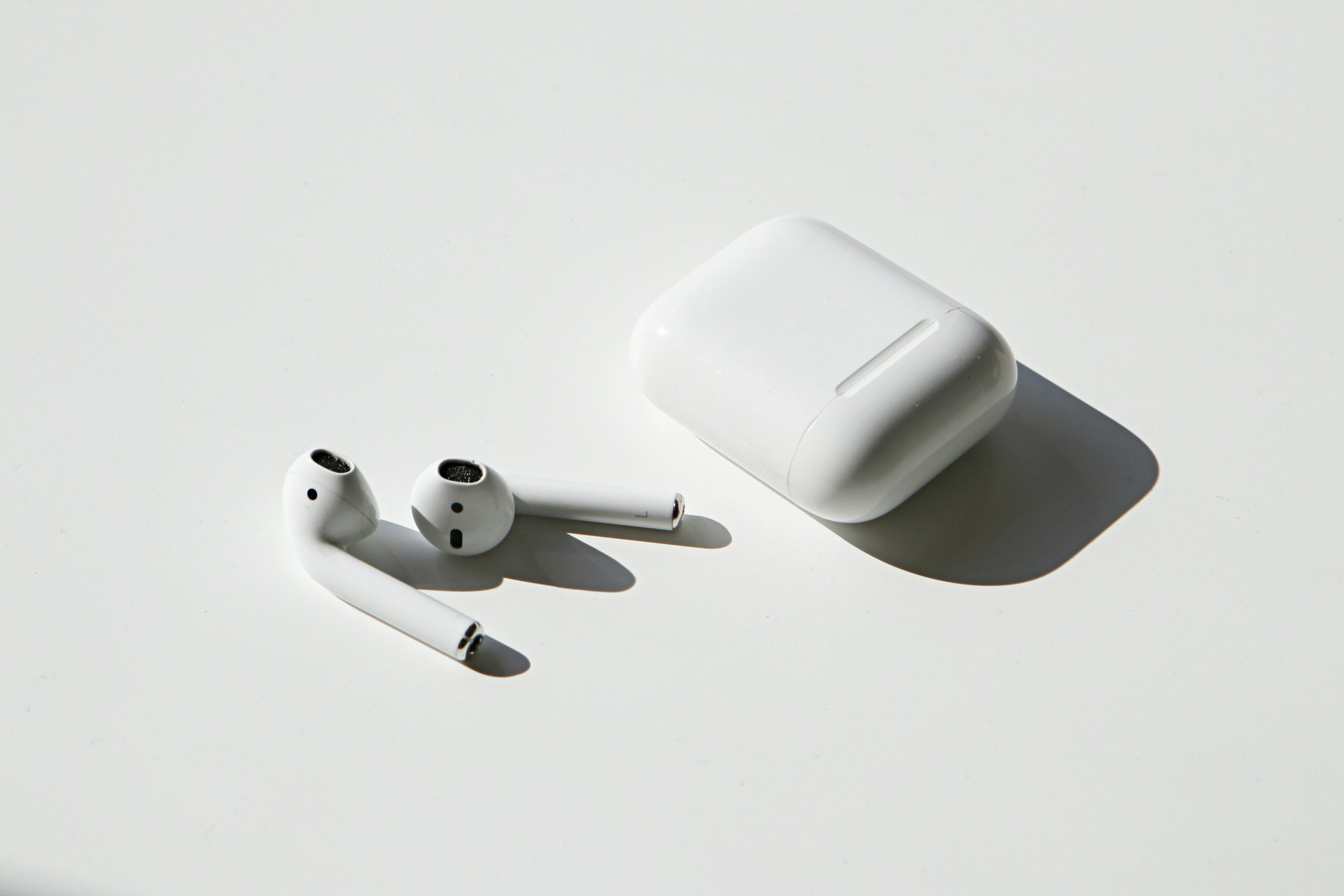Apple AirPods Shine Light on Hearables and Hearing Aids Evolution

Technology keeps changing, and there are always new devices coming out that can help us. One is Apple's AirPods. People use them for music enjoyment, yet there is also discussion regarding their potential in improving hearing assistance. Let's look at different types of assistive listening technology and think about what might come next in hearing technology.
The Rise of Hearables
Hearables, a term coined to describe smart wireless earbuds like AirPods, have surged in popularity thanks to their convenience, portability, and advanced features. Initially marketed as a stylish accessory for Apple enthusiasts, AirPods quickly gained traction among tech-savvy consumers who appreciated their seamless integration with Apple devices and intuitive functionality.
However, what truly sets AirPods apart is their potential to serve as more than just a music accessory. With features like ambient sound mode, which allows users to remain aware of their surroundings while listening to audio, and active noise cancellation, which blocks out external noise for an immersive listening experience, AirPods are blurring the lines between entertainment and assistive listening technology.
AirPods as Hearing Aids?
One of the most intriguing discussions surrounding AirPods is their suitability as hearing aids for individuals with hearing impairments. While AirPods were not specifically designed as medical devices, their capabilities have led many to explore their potential as alternatives to traditional hearing aids.
But are AirPods truly effective for the hearing impaired? The answer is not straightforward. While AirPods can certainly amplify sound and improve clarity for some users, they lack the precision and customization offered by prescription hearing aids. Additionally, factors such as fit, comfort, and battery life may vary for individuals with different hearing needs.
Understanding Hearing Enhancement Devices
To better grasp the role of AirPods in the realm of hearing technology, it's essential to differentiate between various types of hearing enhancement devices. Here's a brief overview:
Over-the-Counter (OTC) Hearing Aids
OTC hearing aids are devices that can be purchased directly by consumers without a prescription. While they offer affordability and accessibility, they may not provide the same level of customization and performance as prescription hearing aids.
Personal Sound Amplifiers
Personal sound amplifiers are similar to OTC hearing aids but are often marketed as amplifiers rather than medical devices. They can be useful for individuals with mild hearing loss but may not be suitable for more severe impairments.
Prescription Hearing Devices
Prescription hearing devices, commonly known as hearing aids, are prescribed and fitted by audiologists to address specific hearing needs. They offer personalized settings, advanced features, and ongoing support to ensure optimal performance.
Hearables
Hearables encompass a wide range of smart wireless earbuds and headphones that offer additional functionalities beyond traditional audio playback. While not intended as medical devices, they may provide some level of hearing enhancement for certain users.
The Future of Hearing Technology
As technology continues to advance, the future of hearing technology looks promising. From AI-powered algorithms that adapt to individual hearing profiles to seamless connectivity with other smart devices, the possibilities are endless.
Stay Ahead with Hearing Health Solutions
At Hearing Health Solutions, we are committed to staying at the forefront of hearing technology. Whether you're interested in the latest advancements in hearables or are considering a prescription hearing aid, our team of experienced audiologists is here to guide you every step of the way.
Ready to experience the future of auditory assistance? Book your in-person hearing screening at Hearing Health Solutions today and take the first step towards better hearing and a brighter future. Let us help you take that step and rediscover the joy of sound.
